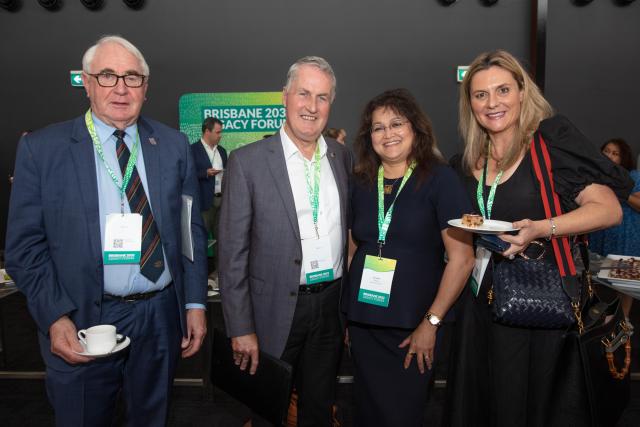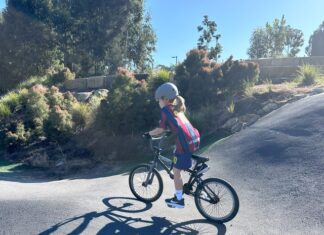Noosa Mayor Clare Stewart was one of 500 community and business leaders, sports stars and youth representatives described as the nation’s “best, brightest and boldest minds“ who gathered last week for the Brisbane 2032 Legacy Forum.
The purpose of the gathering was to help shape the legacy vision of the 2032 Olympic and Paralympic Games.
Discussed at the forum were ideas raised by delegates as well as some of almost 12,000 ideas gathered through a three-month national Hopes and Dreams survey campaign which was responded to by people aged from under 18 to 80 across Australia and internationally from countries including US, UK, France, Japan and the Oceania region.
Ideas submitted related to the environment, infrastructure, sport and physical activity, First Nations people and culture, transport, health and wellbeing, community connections, jobs and the economy, innovation and technology, diversity, equality and inclusion.
Some ideas included free sport for every child, a modular athlete village that could be rezoned to residential, paperless Games and building world-standard and inclusive sporting infrastructure.
On the day, Queensland Premier Annastacia Palaszczuk announced support for a Paralympic Centre of Excellence.
The centre, at the University of Queensland’s St Lucia campus, will be a world-leading facility helping participation and training for para-athletes in the lead-up to the 2032 Games, she said.
“A Paralympic Centre of excellence inspires more parathletes to compete in 2032,” the Premier said.
“But it also provides invaluable research and other opportunities for our community.
“This is what legacy is all about, the long-lasting benefits to our community long after the closing ceremonies.“
All the ideas raised were to be collated and analysed to help inform the draft vision, themes and series of priorities.
Queenslanders and Australians will have the opportunity to provide feedback on these during public consultation in April and May before the Brisbane 2032 Legacy Plan is developed and released later this year.
“The legacy process is one way we are ensuring as many people as possible can share their ideas and share the pride of this once-in-a-lifetime opportunity,“ Ms Palaszczuk said.
“With an ambitious, clearly defined legacy plan, we can use the catalytic effect of the Games to elevate our lifestyles and the health of our communities, across economic, social, emotional and physical aspects,“ Brisbane 2032 organising committee president Andrew Liveris said.
“Let’s make it a plan which draws down on our regions’ strengths and pushes the boundaries on who we want to become on the global stage.”








